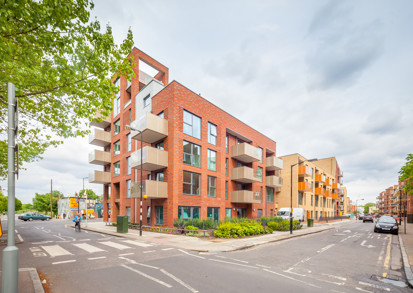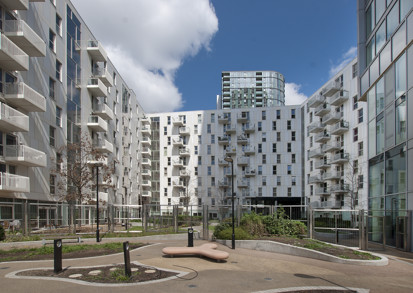Different types of home ownership
There are different ways you can live in your home, and each type affects how you pay service charges. Understanding what type of agreement you have helps you know your rights and responsibilities.
What is a lease? 
A lease is a long-term agreement (21 years or more) that gives you the right to live in your home for a set amount of time. It's a legal contract between you and your landlord that cannot usually be changed once you've signed it.
Important things to know about your lease:
- It gives you exclusive rights to live in your home
- You must follow all the terms and conditions
- It's legally binding once signed
- You should read and understand it completely before signing
- Get legal advice from your conveyancing solicitor if anything isn't clear
What is a freeholder?
A freeholder owns their property completely which means there's no time limit like with a lease. This affects who's responsible for repairs and maintenance.
The main differences between freeholders and leaseholders:
- Houses can be either freehold or leasehold
- Flats are usually leasehold because of the shared building
Who's responsible for what:
- Freeholders look after all repairs and maintenance themselves
- Leaseholders have a freeholder as their landlord who looks after the outside of the building and shared areas
If your building has complicated ownership arrangements (like intermediate leases), your immediate landlord might be different from the freeholder. Your lease will explain these arrangements.
If you own a freehold house on an estate, you may still need to pay estate service charges for shared facilities like roads or green spaces. This will be through a transfer agreement (or TP1), not a lease.
What is a leaseholder? 
A leaseholder is someone who has a lease agreement. As a leaseholder, you have:
- Security - More protection than private renters.
- An asset - Your lease can increase in value over time.
- Exclusive rights - You can live in your home as long as you follow the lease terms.
As your lease gets shorter, it may become harder to sell your home and get a mortgage. Many mortgage lenders won't lend on properties with very short leases.
Your lease and the Land Registry will show how long you have left on your lease. Where Notting Hill Genesis is your landlord, you can speak to us to discuss options for extending your lease. You should get independent legal advice about this process. Find out more about extending your lease on our website.
Shared Ownership? 
With shared ownership, you buy a percentage of your home and pay rent on the part you don't own.
What you need to know:
- You buy a share of the property (for example, 25%, 50% or 75%).
- You pay rent on the remaining share to your landlord.
- You pay 100% of all service charges - even though you only own part of the property.
- You're responsible for all maintenance costs inside your home.
- You can own more of your home over time - this is called "staircasing". Find out more in the staircasing guide on our website.
This is because you benefit from all the services, regardless of how much of the property you own.
Where can I find a copy of my lease?
Your lease is an important legal document that explains your rights and responsibilities as a leaseholder. You should keep it somewhere safe, but if you've lost it or need another copy, there are several ways to get one. Where to find your lease:
- You should have received a copy when you bought your home
- Your solicitor should have explained what it means and what your responsibilities are
- Contact them first if you need another copy
- If you have a mortgage, your lender will have a copy
- This is usually the quickest option if you have a mortgage
- The official government record keeper has a copy of all leases
- You can order one online at landregistry.gov.uk
- There is a small fee for this service
- This option works even if you don't have a mortgage
Your lease contains important information about:
- Your service charge responsibilities
- What services you should expect
- How your share of costs is calculated
- Your rights as a leaseholder
Keep your lease somewhere safe and make sure you understand what it says - it's legally binding for as long as you own your home.





